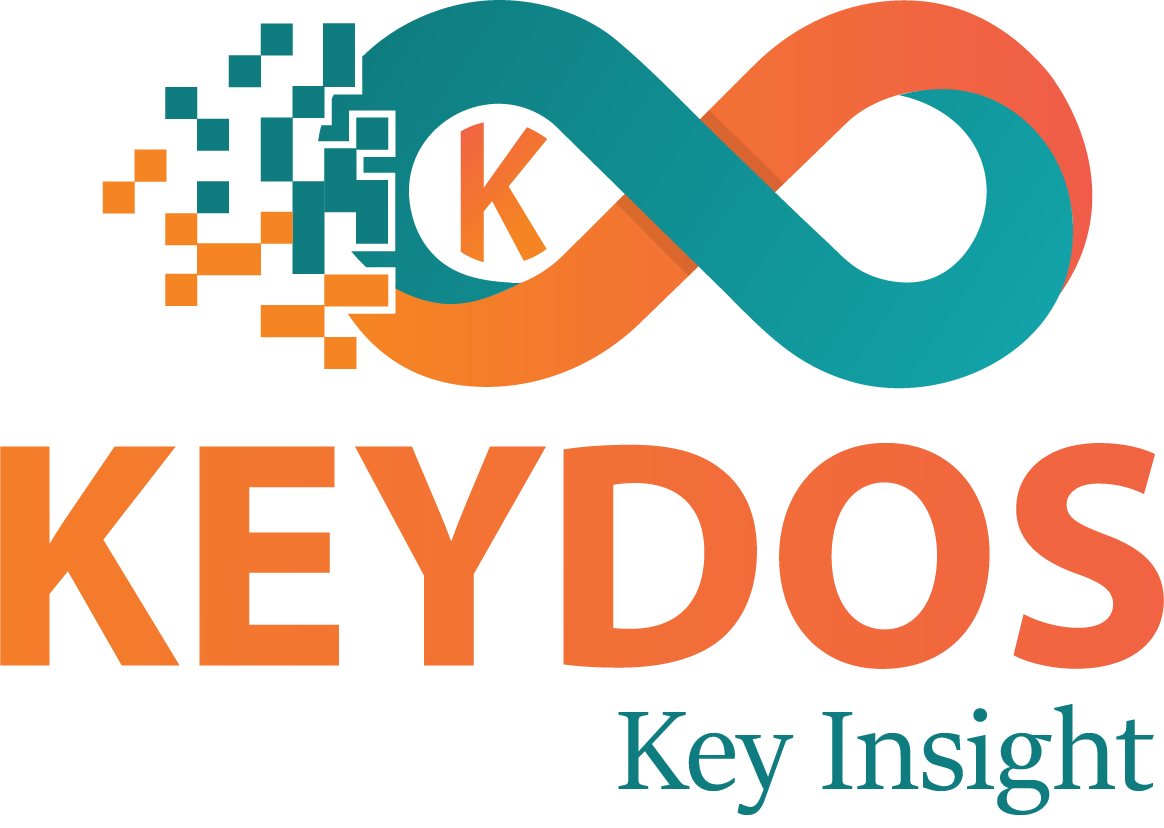The fintech software development market is experiencing unprecedented growth, driven by a surge in technological advancements and evolving consumer demands. Financial technology, or fintech, is reshaping the financial services industry by offering innovative solutions that enhance efficiency, security, and customer experience. As we progress through 2024, the fintech market continues to boom, setting new standards for financial transactions, investments, and management. This blog post from Kkeydos provides an overview of the current state of the fintech software development market, highlighting key trends, drivers, and opportunities.
The Rise of Fintech: A Market Overview
Fintech has revolutionized how financial services are delivered, making them more accessible and user-friendly. The global fintech market has witnessed substantial growth, with investments reaching new heights. According to recent reports, the fintech industry is expected to grow at a compound annual growth rate (CAGR) of over 20% from 2021 to 2026, indicating a robust expansion trajectory.
Key Drivers of Fintech Growth
Several factors are fueling the rapid growth of the fintech software development market:
Technological Advancements: Innovations in AI, ML, blockchain, and cloud computing have enabled the creation of sophisticated fintech solutions. These technologies enhance data analysis, automate processes, and provide secure transaction methods, driving the adoption of fintech services.
Changing Consumer Behavior: The digital-native generation demands seamless, real-time financial services. Fintech solutions cater to these expectations by offering mobile banking, digital wallets, and instant payment options, leading to increased customer satisfaction and loyalty.
Regulatory Support: Governments and regulatory bodies worldwide are recognizing the potential of fintech to drive economic growth. Supportive regulations, such as open banking frameworks, are fostering innovation and encouraging new market entrants.
Cost Efficiency: Fintech solutions reduce operational costs for financial institutions by automating processes and minimizing the need for physical infrastructure. This cost efficiency attracts both established players and startups to invest in fintech software development.
Emerging Trends in Fintech Software Development
The fintech market is characterized by continuous innovation, with several trends shaping its future:
Artificial Intelligence and Machine Learning: AI and ML are revolutionizing fintech by providing advanced analytics, predictive insights, and personalized customer experiences. These technologies are crucial in fraud detection, risk management, and customer service automation.
Blockchain and Cryptocurrencies: Blockchain technology ensures transparent, secure, and decentralized financial transactions. Cryptocurrencies are gaining acceptance as mainstream payment methods, driving further innovation in blockchain-based solutions.
Embedded Finance: The integration of financial services into non-financial platforms is becoming increasingly popular. Embedded finance allows businesses to offer banking, lending, and payment services within their applications, enhancing user engagement.
Open Banking: Open banking frameworks enable secure data sharing between financial institutions and third-party developers. This fosters innovation by allowing developers to create new financial products and services, enhancing competition and customer choice.
Cybersecurity and Data Privacy: With the rise of digital financial services, cybersecurity and data privacy are paramount. Fintech companies are investing in advanced security measures, such as encryption and multi-factor authentication, to protect sensitive financial data.
Opportunities and Challenges
The fintech software development market offers numerous opportunities for growth and innovation. However, it also presents certain challenges that need to be addressed:
Opportunities
Market Expansion: Emerging markets present significant growth opportunities for fintech companies. As smartphone penetration increases and internet connectivity improves, fintech solutions can reach a broader audience.
Collaboration with Traditional Financial Institutions: Collaborations between fintech startups and traditional financial institutions can lead to the development of innovative solutions that combine the strengths of both sectors.
Focus on Financial Inclusion: Fintech has the potential to provide financial services to underserved populations. By offering affordable and accessible financial products, fintech companies can drive financial inclusion and contribute to economic growth.
Challenges
Regulatory Compliance: Navigating complex regulatory landscapes can be challenging for fintech companies. Ensuring compliance with various regulations, such as data protection and anti-money laundering laws, is crucial.
Cybersecurity Threats: The increasing digitalization of financial services makes them vulnerable to cyberattacks. Fintech companies must invest in robust cybersecurity measures to protect against data breaches and fraud.
Consumer Trust: Building and maintaining consumer trust is essential for the success of fintech solutions. Companies must prioritize transparency, security, and customer service to gain and retain user trust.
Conclusion
The fintech software development market is poised for continued growth and innovation in 2024 and beyond. Technological advancements, changing consumer behavior, and supportive regulatory environments are driving the expansion of fintech services. At Kkeydos, we are committed to harnessing these trends to develop cutting-edge fintech solutions that meet the evolving needs of our clients. By staying at the forefront of fintech innovation, we aim to contribute to the transformation of the financial services industry and drive economic growth.




